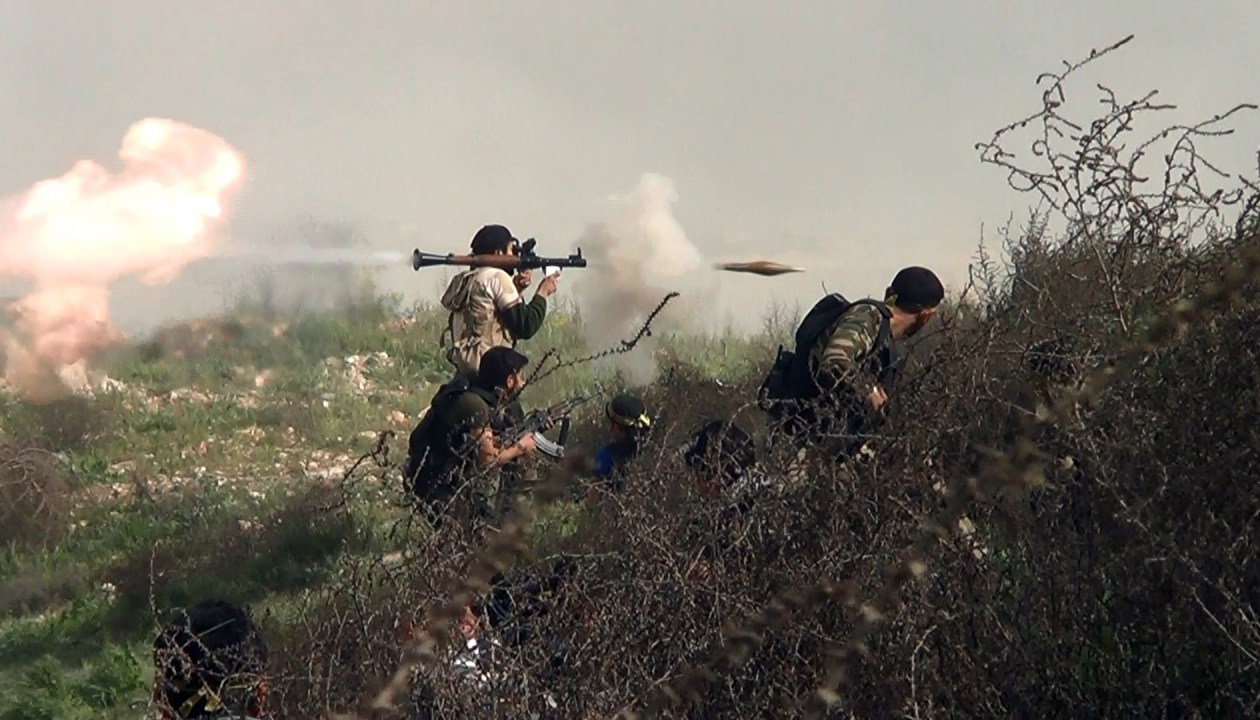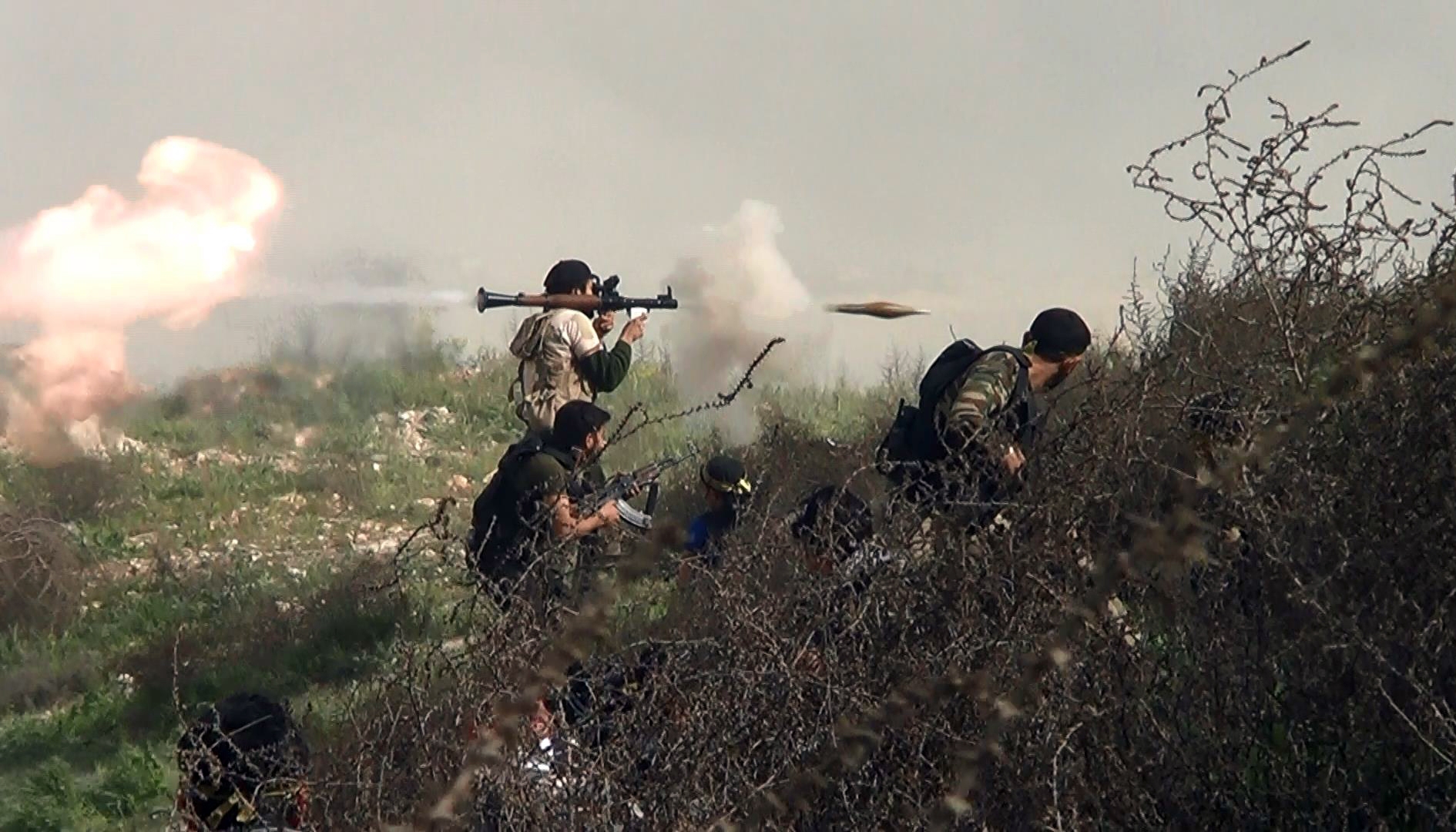A decade ago, I was sure that going to war in Iraq was the right thing to do. I persisted in that belief for a long time too, well beyond the point at which most supporters of the decision to remove Saddam Hussein from power had recanted their past enthusiasm.
The link between 9/11 and Iraq was quite apparent. Not because (despite what some mistaken people insisted) Saddam had any involvement in the atrocity but because removing tyrants and dictators seemed the best way of spreading the pacifying forces of commerce and democracy that might, in time, render Islamist extremism and terrorism obsolete.
Why Iraq? Because it was there and because it could be done. Besides, there was unfinished business. Not just from 1991 but from 1998 and Operation Desert Fox as well. And, also, because it seemed obvious that sanctions were not working, that the sanctions regime would collapse and that Saddam would soon, if nothing was done, escape the “box” in which he was said to be confined. And who knew what would happen then? Inaction has consequences too.
There were other arguments as well. I was at the United Nations to see Colin Powell’s presentation on Iraq’s weapons programmes. Powell made a powerful case that something had to be done to challenge Saddam. I wasn’t alone in thinking that; diplomats from many countries, including plenty from nations with no immediate stake in the conflict, agreed.
A decade later that all seems hopelessly optimistic. Worse than that, naive. Nevertheless, that was where we were and what I believed. The arguments in favour of doing something were strong and compelling. Millions of people agreed, some reluctantly, others enthusiastically.
And there was something else too, something which gave the argument greater urgency: this was to be the great cause of our time, the great project that justified the expenditure of blood and gold in pursuit of a noble, historic, objective. This would be the anti-piracy or anti-slavery movement of our time.
So it has been a chastening decade. It did not work out like that and all that youthful certainty seems like reckless hubris now. But there is no point or advantage in denying how it seemed at the time.
It helped – and this is a point of which I am not especially proud – that so many of the wrong people were opposed to the war. Who wanted to be on the same side as George Galloway, Stop the War [sic] and Seumas Milne and all the rest of them?
We know a little better now. We have a better understanding of how little we can do and a more sensible appreciation of what we can realistically hope to achieve.
So it is hard – perhaps impossible – to contemplate the prospect of bombing Syria in isolation. Syria is not Iraq but the ghosts of Operation Iraqi Freedom can’t be banished so easily. Refighting the last war is a foolish exercise but refusing to consider lessons from the past is folly too.
So, like Tom Harris, I would envy some people their certainty if I did not also suspect that certainty was misplaced. I agree with Chris Dillow’s suggestion that “The fact that everyone seems to have an opinion on Syria tells us more about the ease [with] which opinions are formed that is does about what is actually happening in Syria.”
And it seems to me that the idealistic argument for intervention in Iraq a decade ago was stronger than the case for intervening in Syria today. (That said case was subsequently shot to pieces by events is a different matter.) At least Iraq had a clear objective: removing Saddam Hussein from power. (Tony Blair would have avoided some difficulties if he had been clearer on that point.) Syria is different.
What, exactly, are we attempting to achieve? We are clear that we do not wish to remove Bashar al-Assad from power. So we do not think his use of chemical weapons is that big a deal. Certainly not a big enough deal to make the case for regime change.
The plan, in as much as there is one, seems to be to put him in detention rather than expel him. But to what end? Will bombing Syria persuade Assad to modify his behaviour? Is our objective to make him offer the rebels a “fairer fight”? There are other questions too.
We do not want Assad to win but we do not want him to lose either. We certainly do not want to find ourselves in a position in which we are responsible for “fixing” Syria in the future. That’s realpolitik of the driest, coldest kind.
But once you bomb you are part of the conflict. How, having intervened once, can the United States and its allies walk away? Shoving Assad onto the naughty step seems an insufficient response to his misdeeds. If the aim is simply to persuade Assad that any further use of chemical weapons will bring additional consequences it might be wise to consider what those consequences might be.
In other words, what if spanking Assad does not work? How far are we prepared to go? What do we do next? And, for that matter, what great difference does it make to the Syrian people if they are killed by chemical weapons or by “conventional” arms? Upon what grounds do we make that moral distinction ourselves? Chemical weapons are horrifying; so is war. Is it worse for 1,000 Syrians to be killed by chemical weapons than it is for 5,000 to be slaughtered by “traditional” means?
I don’t know. I know that the argument for doing something can seem preferable to doing nothing at all. But, again, what are we really hoping to achieve? Would a limited two day bombing campaign really provide the kind of exemplary punishment that would make other tyrants think twice before they wage war against their own citizens? Perhaps it would but that does not seem obvious either.
So for whom – and what – would we be fighting? Not for the Syrian opposition since, again, we do not really want them to win either. And not for the Syrian people either.
Not unless the objective is to inflict such damage upon Assad that he cannot win the war either and has no choice but to be dragged to a peace conference. But bringing Assad to heel most probably – surely – means accepting that he and his party must have a role and a place at any peace talks. Otherwise what, however much this sticks in the craw, is in it for him?
I’d like to share Michael Weiss’s confidence that “Conditions are fertile for the weakening of the jihadists at the expense of the moderates.” But even if this is so it suggests that even if Assad is defeated and eventually removed from power the United States and its allies will be returning to Syria to take sides in a second civil war between the jihadists and the (relative) moderates. Are we prepared for that too?
The current situation in Syria may be untenable; unfortunately that does not mean any of the plausible alternative scenarios are any more tenable. Or welcome. There is certainly a moral case for action and I do not think those who favour it should be dismissed as warmongering know-nothings. But the arguments against intervention are just as compelling.
Which means I do not know what David Cameron, Barack Obama, Francois Hollande and their arabian allies should do but I am suspicious of the certainty with which so many other people – on all sides of the discussion – seem to view this dilemma.








Comments